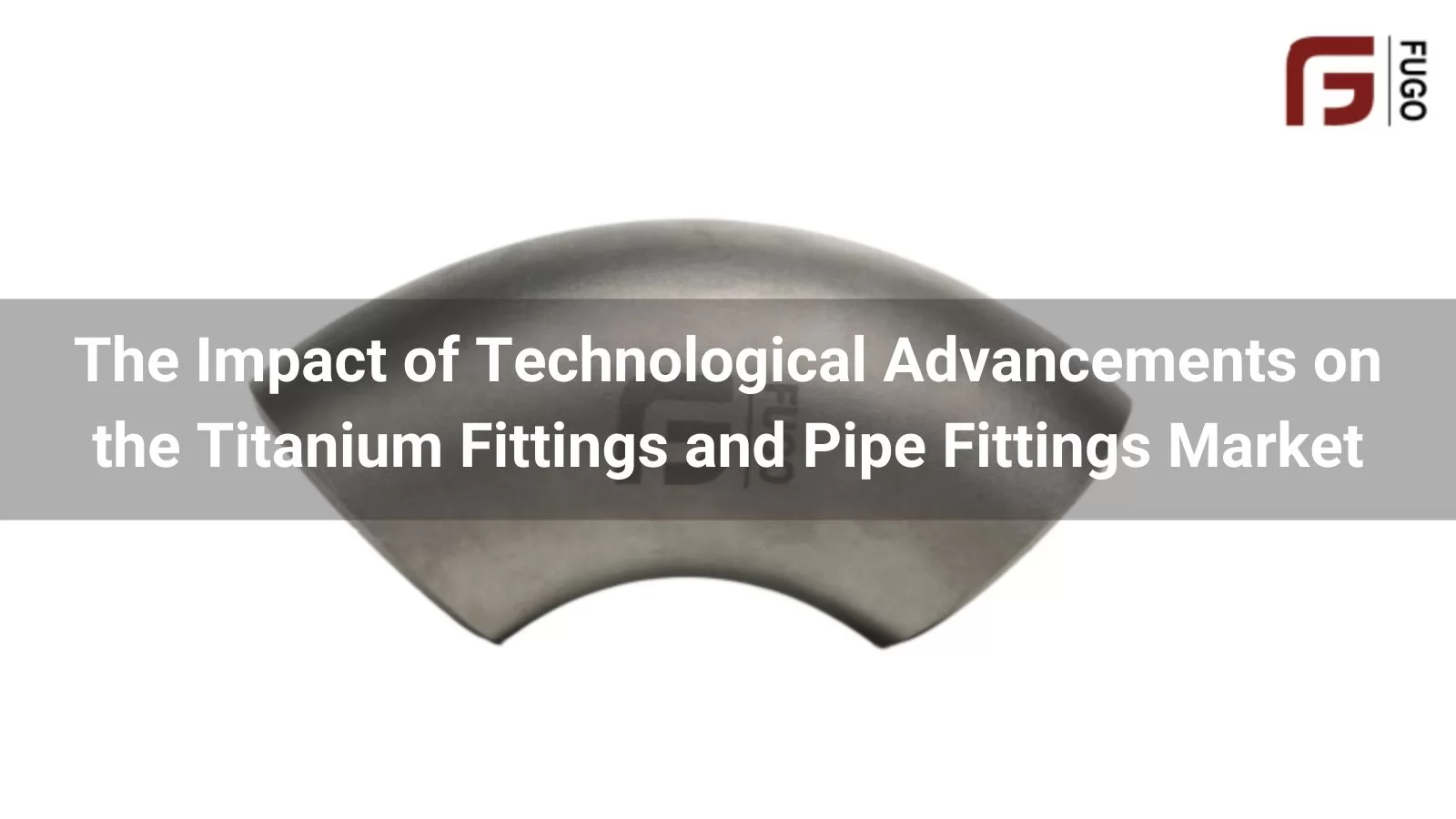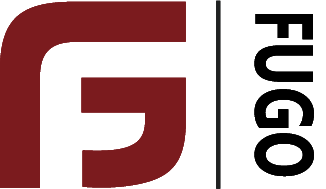


The titanium fittings and pipe fittings market is undergoing a transformative phase, driven by rapid technological advancements that enhance efficiency, sustainability, and performance. Titanium, prized for its high strength-to-weight ratio, corrosion resistance, and biocompatibility, is a critical material in industries such as aerospace, oil and gas, chemical processing, and medical applications. Meanwhile, the broader pipe fittings market, encompassing materials like steel and composites, serves diverse sectors including construction, water management, and industrial processes. Innovations such as additive manufacturing, automation, and sustainable production methods are reshaping both markets, creating opportunities for growth while addressing challenges like cost and environmental impact. This article explores how these technological advancements are influencing the titanium fittings and pipe fittings market, with a focus on key trends, applications, and future prospects.
Surface treatment technologies, such as plasma spray and laser cladding, are enhancing the durability of titanium fittings. These treatments improve corrosion resistance and wear properties, making fittings suitable for harsh environments like marine and chemical processing plants. For example, titanium fittings treated with advanced coatings can withstand extreme temperatures and corrosive substances, extending their service life in offshore oil and gas platforms. These innovations align with industry demands for reliable, long-lasting components, further boosting the adoption of titanium fittings in critical applications.
Sustainability is a critical driver in the titanium fittings market. The development of closed-loop recycling systems allows manufacturers to recover titanium from scrap materials, reducing the environmental impact of mining and processing. Recycling not only conserves resources but also lowers production costs, making titanium fittings more competitive against alternatives like stainless steel. Companies adopting these eco-friendly practices gain a competitive edge, appealing to environmentally conscious industries and investors. For instance, the push for sustainable manufacturing is driving demand in aerospace and automotive sectors, where lightweight, durable materials are essential.
The rise of smart pipe fittings equipped with sensors and IoT connectivity is transforming industrial applications. These fittings enable real-time monitoring of fluid flow, temperature, and pressure, supporting predictive maintenance and reducing downtime. In industries like water management and oil and gas, smart fittings enhance system efficiency and safety by detecting leaks or anomalies early. The integration of IoT in manufacturing processes also provides valuable data insights, helping manufacturers optimize production and meet stringent regulatory standards. This trend is particularly prominent in smart city initiatives, where efficient water supply and drainage systems are critical.
The pipe fittings market is seeing a shift toward advanced materials like high-performance plastics, corrosion-resistant alloys, and composites. For instance, high-density polyethylene (HDPE) and cross-linked polyethylene (PEX) are gaining traction in plumbing and water supply systems due to their durability, ease of installation, and cost-effectiveness. In September 2025, Syensqo introduced Ryton PPS, a polyphenylene sulfide material for high-performance piping, offering superior chemical resistance and thermal stability. Additionally, advancements in manufacturing processes like injection molding and extrusion enable the production of fittings with enhanced performance characteristics. These innovations cater to the growing demand for sustainable and reliable infrastructure, particularly in urbanizing regions like Asia Pacific, which dominated the market with a 42% share in 2023.
Technological advancements are expanding the titanium fittings market by improving production efficiency and reducing costs. The aerospace sector, a major consumer of titanium fittings, benefits from lightweight components that enhance fuel efficiency and safety. The medical industry is also a significant driver, with titanium’s biocompatibility making it ideal for implants and equipment. Emerging markets like India, Brazil, and South Korea are investing heavily in aerospace, automotive, and healthcare, driving demand for titanium fittings. The market is projected to grow steadily, with a CAGR of 5.3% to 6.2% over the forecast period, supported by innovations in additive manufacturing and sustainable practices. Key players like Precision Castparts Corp (PCC) and VSMPO-AVISMA are investing in R&D to develop new titanium alloys, further strengthening market growth.
The pipe fittings market is experiencing robust growth, driven by urbanization, infrastructure investments, and the need for efficient water management systems. The market was valued at USD 16.39 billion in 2025 and is projected to grow at a CAGR of 7.3% from 2025 to 2030. Technological advancements in materials and manufacturing are enabling the production of durable, eco-friendly fittings that meet stringent regulatory standards. The adoption of smart technologies and automation is enhancing operational efficiency, particularly in high-demand regions like Asia Pacific. Opportunities for growth include expanding into new markets, developing innovative products, and forming strategic partnerships. For example, Tata Steel and Aliaxis are leveraging advanced materials and manufacturing technologies to meet growing infrastructure demands.
Despite the benefits, technological advancements present challenges. The high cost of titanium and advanced manufacturing technologies like 3D printing can limit adoption, particularly for smaller manufacturers. In the pipe fittings market, stringent regulatory requirements in industries like oil and gas and pharmaceuticals require significant investment in compliance, balancing cost and performance. Supply chain disruptions and raw material price volatility also pose risks, as seen during the COVID-19 pandemic, which temporarily impacted both markets. However, the long-term outlook remains positive, with innovations in recycling, automation, and smart technologies mitigating these challenges.
The future of the titanium fittings and pipe fittings market is bright, with technological advancements paving the way for innovation and sustainability. In the titanium fittings market, continued investment in additive manufacturing and recycling will reduce costs and environmental impact, making titanium more accessible across industries. The pipe fittings market will benefit from the growing adoption of smart technologies and eco-friendly materials, particularly in smart cities and renewable energy projects. Both markets are poised for growth in emerging economies, where rapid industrialization and infrastructure development are driving demand. Strategic collaborations, such as mergers and acquisitions, will further enhance market competitiveness, enabling companies to share technological expertise and expand their global presence.
Technological advancements are revolutionizing the titanium fittings and pipe fittings market, driving efficiency, customization, and sustainability. While challenges like cost and regulatory compliance persist, the long-term benefits of enhanced durability, reduced environmental impact, and improved operational efficiency outweigh these hurdles. As industries like aerospace, construction, and water management continue to evolve, the titanium fittings and pipe fittings market will play a pivotal role in shaping a more sustainable and connected future.
If you are looking for a reliable Chinese supplier, Contact us at Fugo Tech now!



Fugo Tech is focused on the manufacturing of clad metal plate and distributes the Stainless Steel, Titanium, Nickel Alloy, Zirconium and other non-ferrous metal pipes, fittings, flanges, and fasteners.